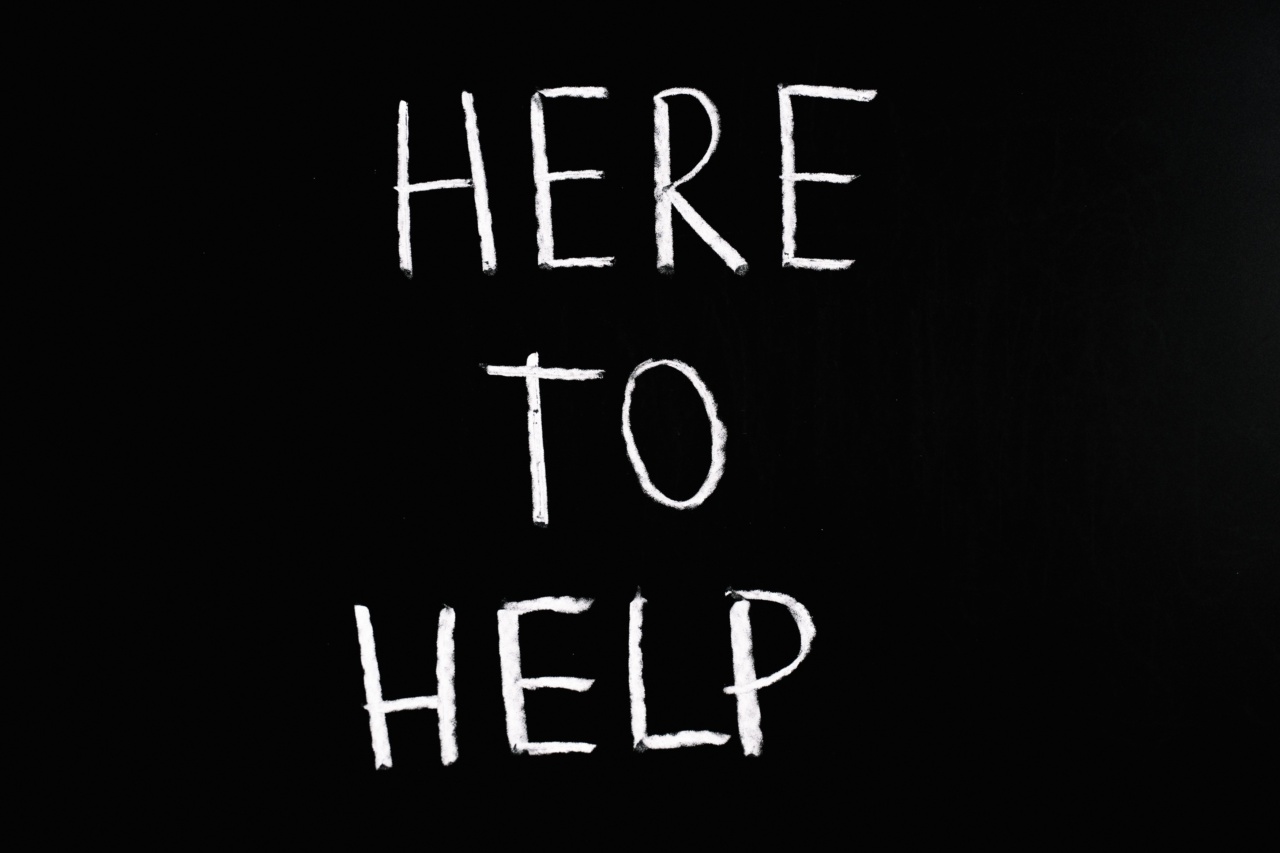Hangovers are a dreaded consequence of a night of excessive drinking. The pounding headache, queasy stomach, and overall feeling of discomfort can ruin an entire day. Many people swear by different hangover remedies, from greasy foods to sports drinks.
But one question remains at the forefront: will hydrating help you avoid a hangover? Let’s delve deeper and explore what experts have to say.
The science behind a hangover
To understand whether hydration can prevent or mitigate a hangover, it’s crucial to comprehend the underlying science. Alcohol is a diuretic, which means it increases urine production and leads to dehydration.
When you consume alcohol, it suppresses an antidiuretic hormone called vasopressin, resulting in frequent urination and water loss from the body.
Dehydration is not the sole cause of a hangover, but it plays a significant role.
Alcohol also causes inflammation, decreases blood sugar levels, disrupts sleep, and affects the stomach lining – all contributing to the unpleasant symptoms experienced the morning after.
The importance of hydration
Hydration is essential for our overall well-being, as the human body consists mostly of water. Staying hydrated helps regulate our temperature, aids digestion, and enables our organs to function optimally.
When it comes to alcohol consumption, replenishing lost fluids is crucial for avoiding or minimizing the severity of a hangover.
Preventive measures
While drinking alcohol, taking preventive measures to ensure proper hydration can help reduce the likelihood of a hangover.
Alternating alcoholic beverages with water or sipping on water between drinks can help maintain hydration levels and slow down alcohol consumption. Additionally, consuming food while drinking can enhance hydration by slowing down alcohol absorption.
Dr. Jessica Gibson, a gastroenterologist, and hepatologist, emphasizes that “prioritizing hydration during alcohol consumption can help mitigate the dehydrating effects of alcohol and reduce the intensity of a hangover the next day.”.
Post-drinking hydration
After a night of drinking, it’s crucial to focus on rehydration to alleviate hangover symptoms. Drinking water or electrolyte-rich fluids, such as sports drinks or coconut water, can help replenish lost fluids and essential minerals.
According to Dr. Jennifer Smith, a board-certified emergency medicine physician, “alcohol not only dehydrates the body but also depletes essential electrolytes like potassium and magnesium.
Replacing these electrolytes can aid in recovery and reduce hangover symptoms.”.
Hangover cures vs. prevention
Hydration is often included in both hangover cures and prevention strategies. However, it’s important to note that while hydrating can provide relief and mitigate symptoms, preventing a hangover altogether is more effective.
Dr. Lisa Richards, a nutritionist and hangover specialist, advises that “once you are already experiencing a hangover, hydrating can help, but it won’t undo the damage caused by alcohol.
Focusing on prevention by hydrating before, during, and after alcohol consumption is key.”.
Other factors to consider
While hydration plays a significant role in managing hangovers, there are other factors to consider. The rate of alcohol consumption, the amount of alcohol consumed, individual tolerance, and overall health impact the severity of a hangover.
Hydration alone may not prevent a hangover entirely if other contributing factors go unchecked.
Additionally, different people react differently to various fluids, and there is no one-size-fits-all solution. Some individuals find relief with electrolyte-rich sports drinks, while others prefer water with added lemon or a rehydration solution.
The verdict
In conclusion, hydrating before, during, and after alcohol consumption can help minimize the likelihood and severity of a hangover.
Staying properly hydrated aids in balancing fluid levels in the body and replaces essential electrolytes lost from alcohol consumption.
However, it’s important to remember that hydration is just one piece of the puzzle. Moderation in alcohol consumption, consuming food while drinking, and getting enough sleep are equally important in preventing severe hangovers.































